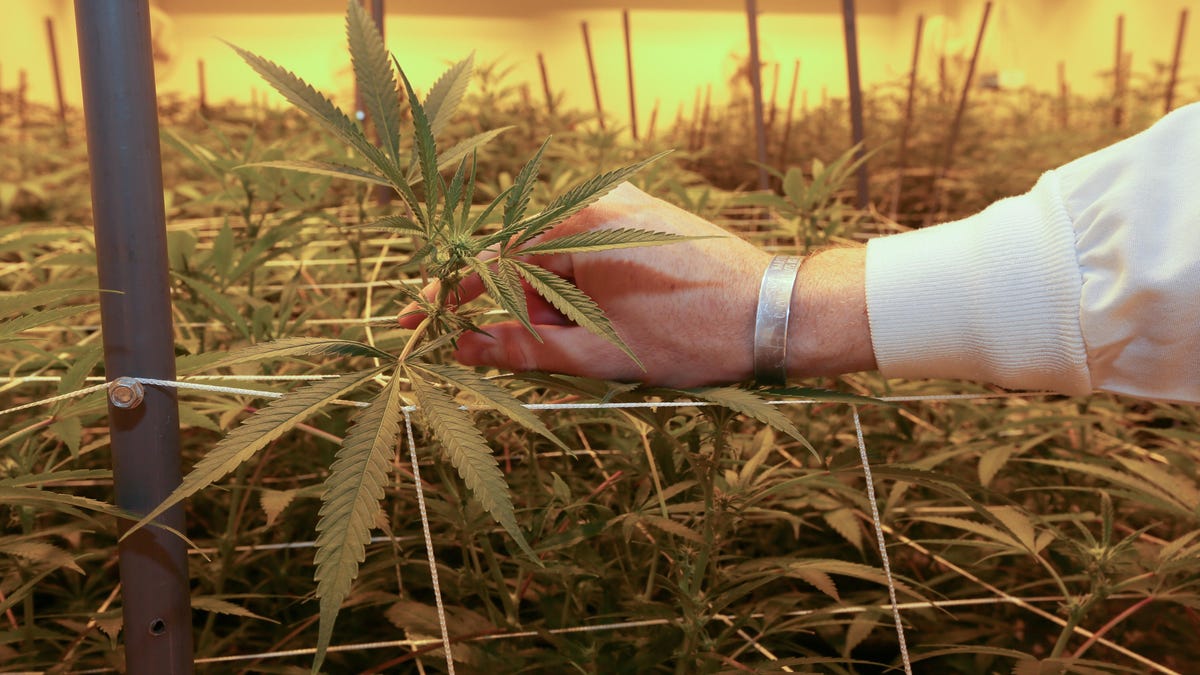Crashes on the rise in states with legal pot, IIHS says
Correlation does not equal causation, but it's still worth paying attention to.

Smoke 'em if you got 'em, just don't do it anywhere near a vehicle lest you contribute to some sobering statistics.
Collisions are up by about 6 percent in states that have legalized recreational marijuana use, according to new research from the Insurance Institute for Highway Safety and its partner, the Highway Data Loss Institute. Their findings are consistent with the 5.2-percent increase in police-reported collision rates from a previous study.
The HLDI looked at collision loss data from January 2012 to October 2017 in Colorado, Nevada, Oregon and Washington, four states with legal recreational cannabis. It also looked at the same data from four different control states: Idaho, Montana, Utah and Wyoming. The HLDI says its analysts "controlled for differences in the rated driver population, insured vehicle fleet, mix of urban versus rural exposure, unemployment, weather and seasonality."
If you like driving and smoking, don't be that person. Keep them separate and don't make the roads any more dangerous than they already are.
The IIHS ran a similar study that looked at police-reported crashes between 2012 and 2016 in Colorado, Oregon and Washington, and it found that the three states combined had experienced a 5.2-percent uptick in the crash rate per millions of vehicle registrations. That study also featured a multi-state control set, which factored in things like demographics, unemployment and weather.
While correlation does not equal causation, the study is worth keeping in mind as more states move to decriminalize and regulate the sale of recreational pot, which remains very much illegal at the federal level. Driving under the influence of any drug can greatly reduce the safety of both the driver and every person around that driver, because even though marijuana might not wreck your brain in the same way several shots of tequila would, it still messes with important systems like balance and reaction time.
The IIHS notes in its press release that it's harder to pinpoint marijuana as a factor in a crash. It points to a lack of driver drug-use stats in crash reports, in addition to the difficulty of actually testing to determine whether or not a driver was under the influence of cannabis in a collision. Those are likely to improve as more states legalize the stuff, but until then, it's still hard to draw a 100-percent link between marijuana use and crashes.

